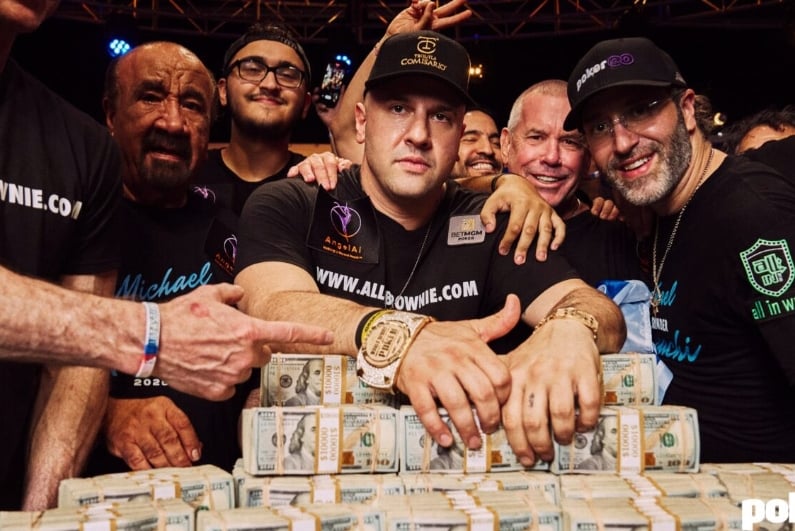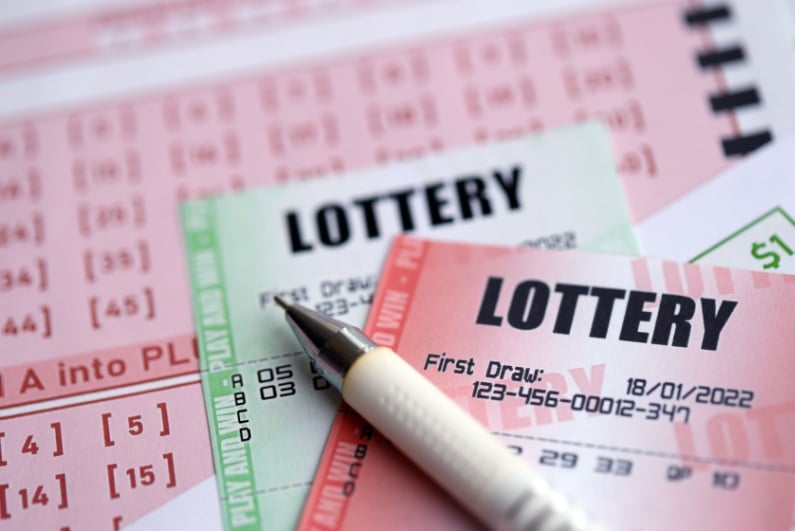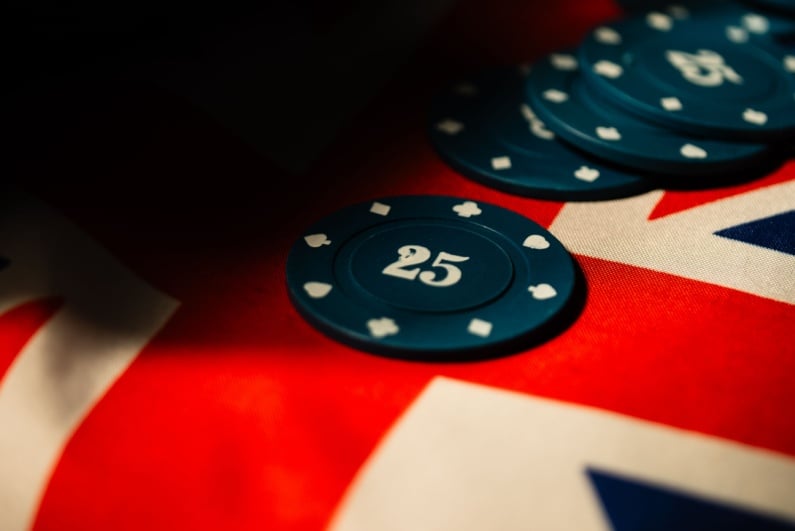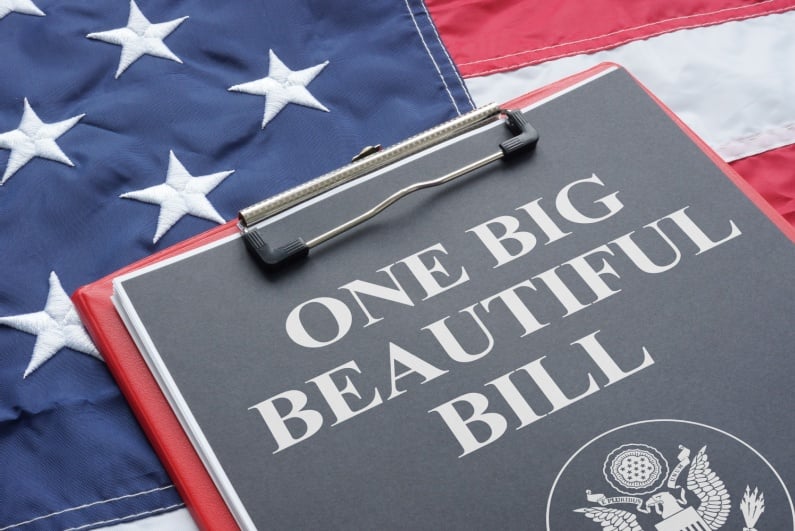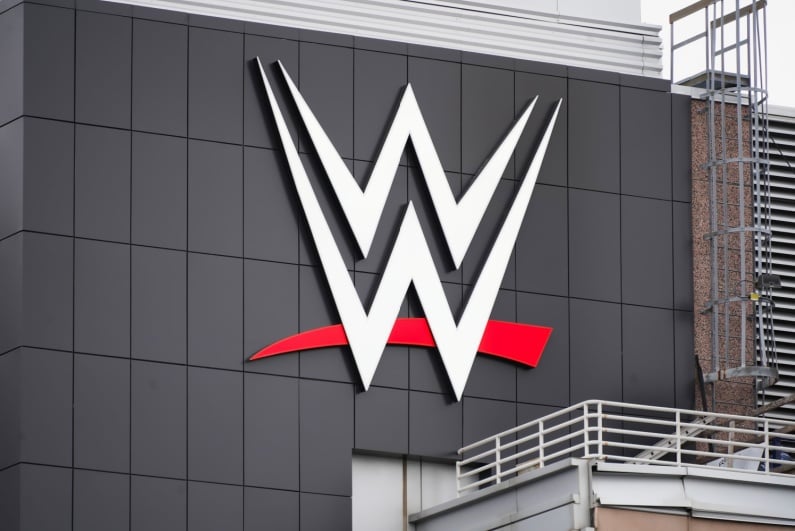
Top News Stories
Casino News
Crime
Most viewed articles
- Margets, Mizrachi, Hendrix and Hallaert Aiming for the Sky as WSOP Main Event Final Table Set
- Next Station on Elon Musk’s Las Vegas Loop Will Be Harry Reid International Airport
- Rio Las Vegas Calls Timeout on $500 Free Play Promo After Monster Queues
- Dara O’Kearney: Tales From the WSOP 2025 Part 6
- Will Kassouf Denies Irish Open Chip Theft Accusations on Doug Polk’s Podcast
- Bet365 Subsidiary Inks Deal With Italian Soccer Champs Napoli to Bypass Regulations
- Xposed Posts Resorts World Receipts Amid Syztmz Feud
- ‘The Problem With William Kassouf’ Returns as Security Escorts Him Out of WSOP
- Casino Refused to Pay Sports Betting Influencer’s $500k Win, Social Media Looking for Answers
- Caesars Entertainment Laying Off Significant Number of Workers, Rumors Suggest



